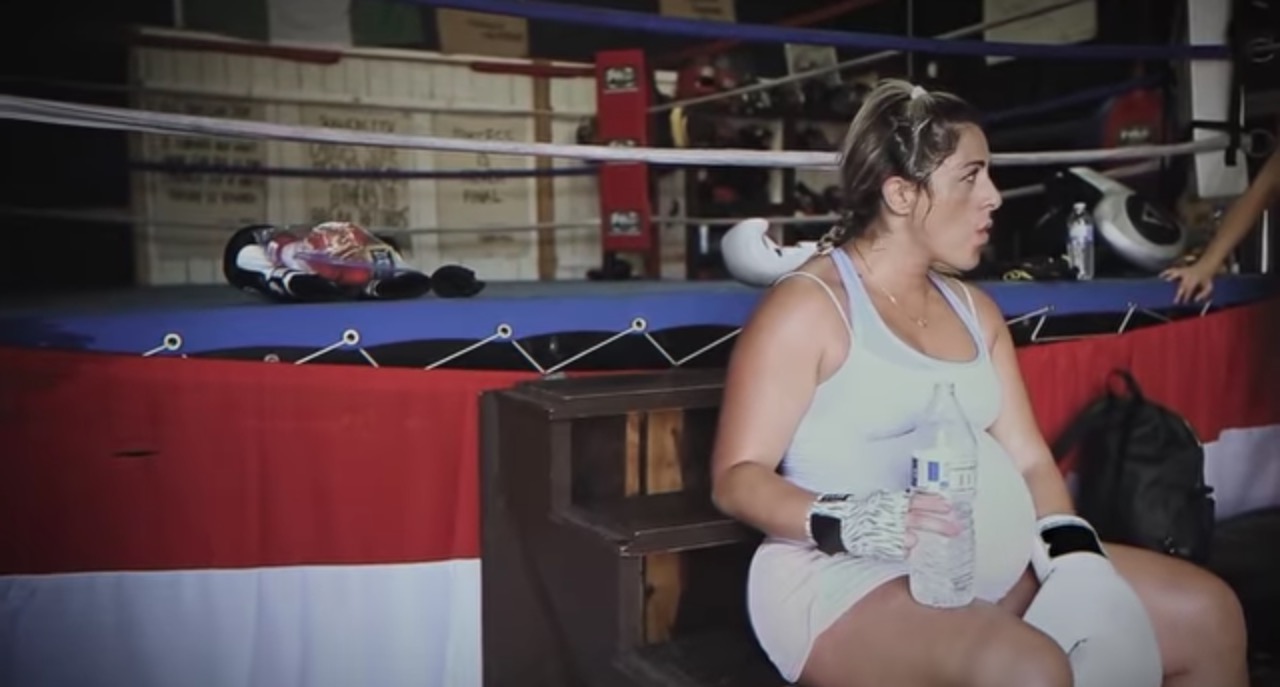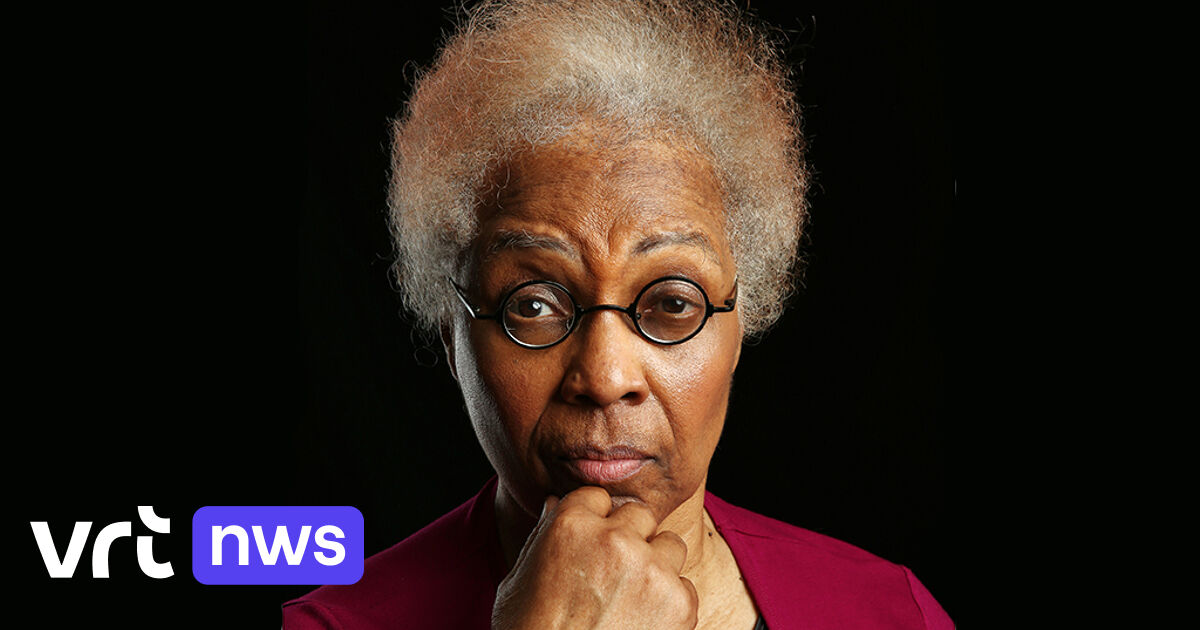The bomb is sleeping in a box in the chancellery. While the General Inspectorate of Justice, seized on September 18, 2020 by the Keeper of the Seals, Eric Dupond-Moretti, should return this week to the Prime Minister its conclusions on “dysfunctions” within the national financial prosecutor’s office (PNF), a document alone reveals the deleterious climate, the prejudice and the frauds which surrounded the treatment of sensitive cases. It is a letter sent by one of the leaders of the PNF, Deputy Prosecutor Patrice Amar, to the Attorney General of Paris, Catherine Champrenault, on January 17, 2019.
This letter (including Point unveiled extracts on February 25) denounces within the PNF “an ethical drift, certain aspects of which could receive a criminal qualification”; but the signatory – one of the three magistrates targeted by the administrative investigation – lists above all the daring that he seems to have allowed himself with the rules and ethics, in unprecedented proportions.
Reading this message full of bitterness, 16 pages long and seized from the PNF by the inspectors of the ministry, looks like a furtive visit behind the scenes of financial justice. Deputy prosecutor Amar, who openly suspects his superior, Éliane Houlette (then head of the PNF), of wanting to bury cases by practicing “systematic obstruction”, explains that he himself carried out discreet checks, or even real investigations outside any procedural framework, from which he drew hasty conclusions.
Read also – What is the PNF, National Financial Prosecutor’s Office?
Patrice Amar accuses Éliane Houlette of having delayed opening a judicial investigation into the “wiretapping affair”
Thus, he accuses Éliane Houlette of having delayed opening a judicial investigation when, “on the evening of Friday February 14, 2014”, Judge Serge Tournaire, in charge of the investigation into the alleged Libyan financing of Nicolas Sarkozy, had informed the PNF wiretaps suggested “the possibility of influence peddling” between the former president, his lawyer and a magistrate of the Court of Cassation. “Against all expectations, Ms. Houlette, far from immediately seizing an examining magistrate, undertook to consult all the members of the PNF, postponing her decision in a sterile discussion on the legality of the tapping”, writes Amar. And if an investigation was indeed opened (which was to become “the tapping affair”), it was only after “nine days of procrastination”, he laments – without specifying that at that time the PNF was barely created (it will not be officially inaugurated until March 1, 2014).
In the meantime, the content of the conversations intercepted between Nicolas Sarkozy and his lawyer, Thierry Herzog, suggested to investigators that they had been warned of their wiretapping. It was then that the PNF opened a parallel investigation to identify a “mole”. Patrice Amar’s letter shows that he suspected Éliane Houlette herself to be at the origin of the leak. On what basis? The answer seems to come out of a paranoid version of Sherlock Holmes: by crossing the phone numbers found in the judicial file with his own address book (including his colleagues from the PNF!), The deputy prosecutor noted that the girl Éliane Houlette worked with a business lawyer, Patrick J., whose former partner, Pierre-François Veil, had sent an SMS on February 25 to Thierry Herzog, just before the latter rushed to join Nicolas Sarkozy in Monaco.
“
I want to believe that this hypothesis would have no other cause than incompetence, panic and inexperience
“
In his letter, Amar relates to having in person “undertaken new research on the detailed billing of the telephone of Pierre-François Veil” but to have found only one “direct contact” between him and his ex-partner, “however too much. late “to match the leak. Whatever, he clings to his scenario: “I cannot exclude that Patrick J., having been able to be informed of our investigation, verbally communicated this information to Pierre-François Veil. I insist on the fact that he This is, of course, only a guess, although I believe it is highly probable and most likely. ” Aiming at Ms. Houlette, he adds: “I also want to believe that this hypothesis would have no other cause than incompetence, panic and inexperience.”
In total, this investigation will have lasted four years in the greatest secrecy; the monitoring of the telephone bills of a large number of lawyers was unsuccessful, as no proof could be provided of a possible leak. To avoid a classification without follow-up, the vice-prosecutor writes to have “received the instruction to make it start again by making some formal checks”; but from whom would such “instructions” emanate? Mystery. If he confides that the research is “at a standstill”, he concludes, against all evidence: “Taking into account the elements of which I am aware, the normal course of this investigation would be to continue the investigations in the direction of Pierre-François Veil and especially Patrick J. “
Questioned on Saturday, Patrick J. qualified these suspicions as “delusional and frightening”, and confided to the JDD that he “considered a complaint for slanderous denunciation” against the magistrate of the PNF, “even if all this is undoubtedly more medicine that of justice “. Another surprising revelation: focused on Patrick J., the magistrate says he “had the idea of putting his cell phone number in the detailed invoices obtained in the Libyan financing file”. However, this research was never part of the procedure – in any case it was the sole responsibility of the investigating judges.
Catherine Champrenault denied having been warned of the PNF’s secret investigation
In the same case, Amar also tells that in 2017 the judges had asked the PNF to broaden their investigation to facts of “illicit election campaign financing” after the discovery of cash funds distributed to the campaign HQ by Eric Woerth. “This offense is not clearly qualified by the prosecution in the introductory indictment, the judges wished to be confirmed beforehand by a supplementary indictment,” he wrote. The extension never took place and the judges were “very unhappy”. A year later, as if nothing had happened, the same judges nevertheless indicted Woerth and Sarkozy for “illicit financing”. But when the two men raised the irregularity of this measure, the general prosecutor’s office argued that a supplementary indictment was not necessary and the court of appeal validated the file …
All in his tangled scaffolding, the vice-prosecutor still exposes to have verified – without specifying why – that Patrick J. worked in the same firm as one of the lawyers of Bernard Tapie and says to have felt a “disorder” due to the fact that ‘Éliane Houlette had written a note to recommend a negotiated solution between the ex-president of OM and his bankers in the Adidas case… fifteen years earlier. However said note would have been ordered by Claude Guéant, then director of the cabinet of Nicolas Sarkozy in Bercy; and when the same Guéant found himself, in 2014, in the viewfinder of the PNF for having embezzled special funds from the Ministry of the Interior, he assures us that “the pursuit was literally torn from Ms. Houlette”. With this revealing comment: “It is thanks to our stubborn insistence that the PNF was able, despite everything, to be proud of the conviction of a former Minister of the Interior …”
What follow-up did the Attorney General of Paris give to this letter? Far from being surprised at such acrobatics, she appointed its author to her for a few months, in 2019 – he returned to the PNF after the retirement of Éliane Houlette. In July 2020, before a parliamentary committee, Catherine Champrenault above all denied having been warned of the PNF’s secret investigation on the sidelines of the Sarkozy affair. “We have never had any feedback on the content and methods of investigation of this investigation,” she said under oath. At the same time, a first inspection was carried out on the clandestine investigations of the deputy prosecutor; she had pointed out the lack of information from the general prosecutor’s office in a matter that was nevertheless highly sensitive. The letter from Deputy Prosecutor Amar proves this to be false.
–


